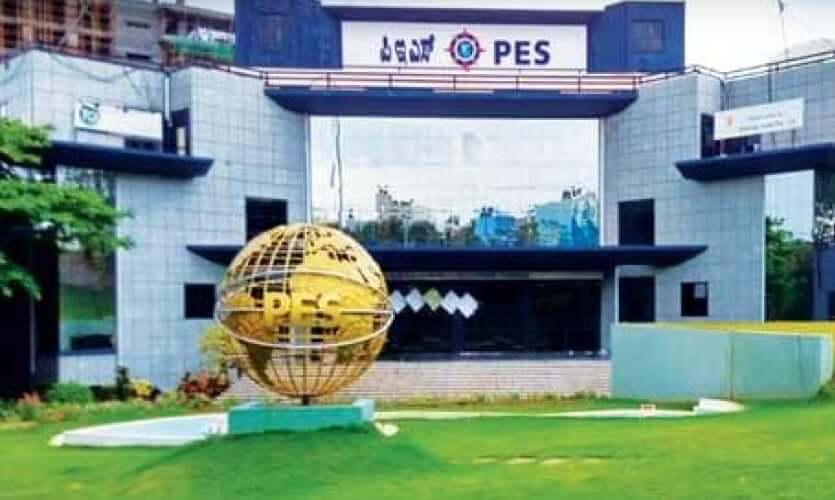Introduction to Business Logistics
Enroll in this free Business Logistics course to learn from our experts on the basics of Business Logistics and its features, functions, key components and more. Start today and acquire new knowledge and skills!

Ratings
Level
Learning hours
Learners
Skills you will learn
About this course
This free course on Introduction to Business Logistics provides a great opportunity for you to gain an understanding of logistics concepts, features, and functions. The course covers key components of logistics, including inventory management, warehouse management, and distribution. You will learn about the importance of inventory control, inventory cost, and how to manage inventory effectively to minimize costs. Additionally, you will understand the importance of warehouse management in the supply chain and how it affects logistics operations. The course also covers distribution, which is the process of delivering goods to the end consumer. You will learn about different distribution channels, including direct distribution and third-party logistics, and the factors that determine the choice of distribution channel. This course is designed for anyone who wants to learn the basics of business logistics, including students, professionals, and entrepreneurs. It is an excellent opportunity to gain an understanding of logistics management and how it affects supply chain operations.
By the end of this course, you will have a good understanding of the features and functions of business logistics, including key components such as inventory management, warehouse management, and distribution. You will also be able to apply this knowledge to optimize supply chain operations, reduce costs, and increase efficiency. So enroll in this course today and take the first step towards becoming a logistics expert!
Course Outline
In this module, you will learn the concept of business logistics, and the meaning and definition of business logistics.
In this module, you will learn the features of business logistics like integration, customer focussed, cross-functional, data-driven, global in scope, cost-conscious, and functions like planning, implementation, and control.
In this module, you will learn the concept of inventory and inventory management, the advantages and disadvantages of inventory management, the meaning of distribution, role of distribution like order fulfillment, transportation, warehousing, inventory management, and packaging.
In this module, you will learn the concept of inventory costs like holding costs, ordering costs, stockout costs, and financing costs. Learners also learn warehouse management and the advantages of warehouse management.
 UPGRADE
UPGRADE
Recommended university programs
Frequently Asked Questions
Will I receive a certificate upon completing this free course?
Is this course free?
What are the prerequisites required to learn this Introduction to Business Logistics Course?
You do not need any prior knowledge except knowing what Business Logistics is to learn this Introduction to Business Logistics Course.
How long does it take to complete this free Introduction to Business Logistics course?
Introduction to Business LogisticsCourse is a 1.0 hour long course but it is self-paced. Once you enroll, you can take your own time to complete the course.
Will I have lifetime access to the free course?
Yes, once you enroll in the course, you will have lifetime access to any of the Great Learning Academy’s free courses. You can login and learn whenever you want to.
Introduction to Business Logistics
Business logistics refers to the planning, organization, and management of the flow of goods and services from the point of origin to the point of consumption. It involves the coordination of all activities that are necessary to move products from the point of production to the point of consumption, including transportation, warehousing, inventory management, and order processing.
The primary objective of business logistics is to ensure that products are delivered to customers at the right time, in the right place, and in the right condition. This requires a complex system of transportation, storage, and information management that is designed to optimize the flow of goods and minimize costs. Effective logistics management can help businesses to gain a competitive advantage by improving customer satisfaction, reducing costs, and increasing efficiency.
One of the key aspects of logistics management is transportation. This involves the selection of the most appropriate mode of transport, such as road, rail, air, or sea, to move goods from one location to another. The choice of transportation mode will depend on a range of factors, including the nature of the goods being transported, the distance to be covered, the time required for delivery, and the cost of transportation. The use of advanced technology such as GPS and RFID can help to optimize transportation routes, reduce delivery times, and minimize costs.
Another important aspect of logistics management is warehousing. This involves the storage and management of inventory in a way that enables goods to be delivered quickly and efficiently. Effective warehousing requires the use of advanced inventory management systems that track the location and movement of goods, as well as the use of automation technologies such as conveyor belts and robotic pickers to streamline operations. Warehousing also involves the management of storage facilities, including temperature and humidity control, security, and safety.
Inventory management is another critical aspect of logistics management. This involves the tracking of inventory levels, the management of stock levels, and the optimization of order processing. Effective inventory management requires the use of sophisticated software systems that can track inventory levels in real-time, forecast demand, and optimize ordering and replenishment. This helps to ensure that products are always available when customers need them, while also minimizing the costs associated with carrying excess inventory.
Order processing is another important aspect of logistics management. This involves the processing of customer orders, including order placement, order fulfillment, and delivery. Effective order processing requires the use of advanced software systems that can track customer orders, manage inventory, and coordinate shipping and delivery. It also requires a focus on customer service, including fast and accurate order fulfillment, timely delivery, and efficient handling of customer inquiries and complaints.
In conclusion, business logistics is a critical function for businesses that rely on the efficient movement of goods and services. Effective logistics management can help businesses to reduce costs, improve efficiency, and gain a competitive advantage in the marketplace. By focusing on transportation, warehousing, inventory management, and order processing, businesses can optimize their supply chain operations and ensure that products are delivered to customers in the right place, at the right time, and in the right condition.



























.jpg)











